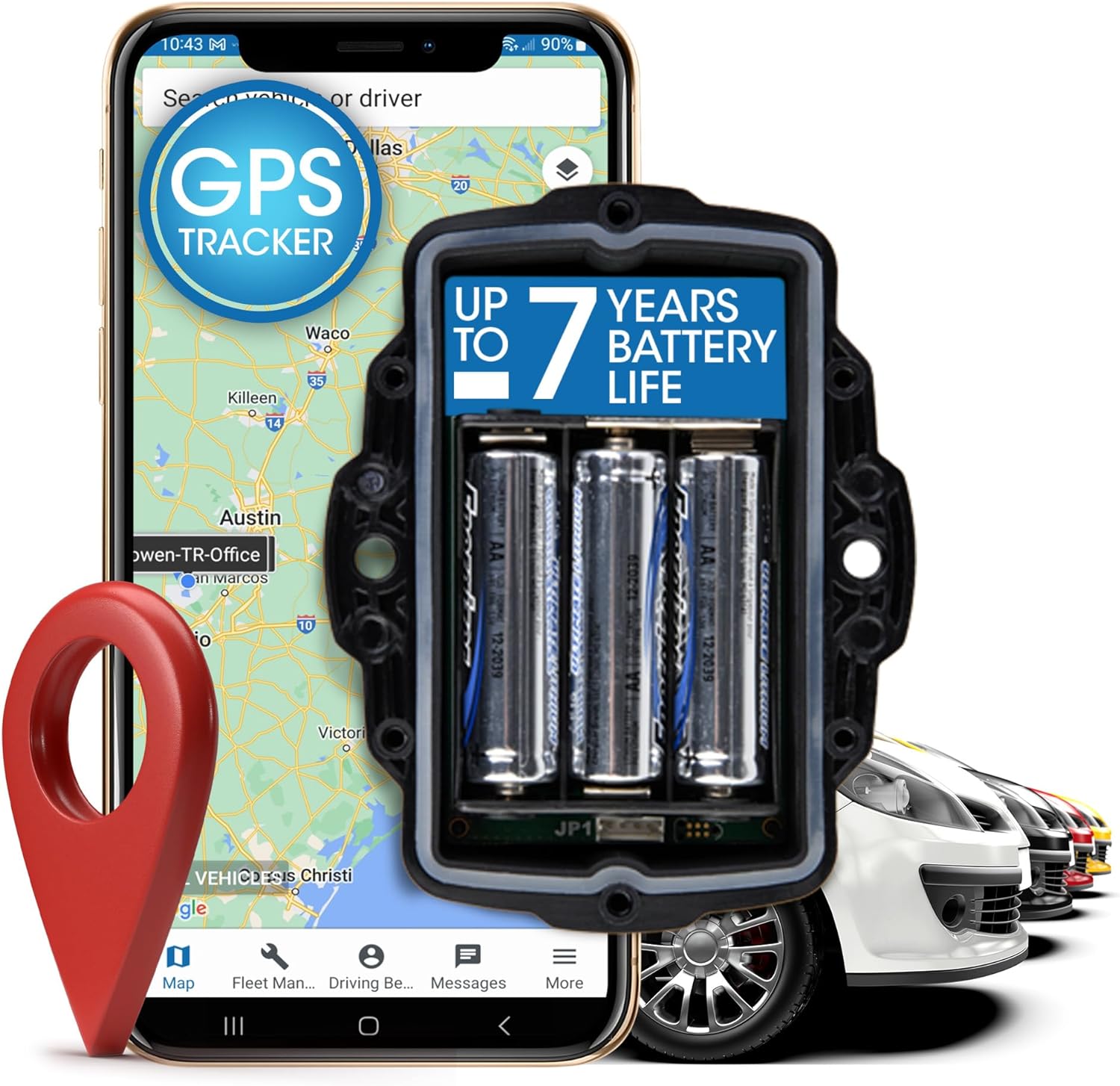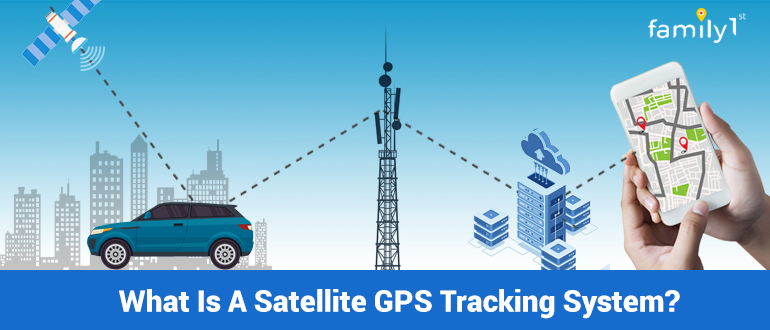Browsing the Future of GPS Monitoring: Technologies, Obstacles, and Opportunities Ahead
As we stand at the crossroads of social implications and technological innovations, the landscape of General practitioner monitoring is positioned for a transformative journey ahead. With excellent development comes excellent duty, as data privacy worries impend big and safety difficulties in General practitioner tracking raise important inquiries about protecting sensitive info.
Evolution of GPS Innovation
Created for armed forces purposes, GPS technology has advanced to come to be an ubiquitous tool in different fields, including transportation, logistics, farming, and individual navigating. Early General practitioner systems were defined by minimal coverage, lower precision, and bulkier equipment demands.
One key milestone in the advancement of GPS innovation was the development of Selective Availability (SA) in the 1990s, which purposefully degraded the accuracy of private GPS signals. The discontinuation of SA in 2000 substantially boosted GPS precision for noncombatant customers. Subsequent developments, such as the implementation of extra satellite constellations like Galileo and BeiDou, have actually better boosted GPS insurance coverage and precision, making it an important device in day-to-day life. As general practitioner modern technology continues to evolve, we can anticipate more enhancements in efficiency, protection, and precision, opening up new possibilities for technology and applications across numerous industries.
Real-Time Tracking Improvements
Building on the innovations in GPS innovation that have actually transformed precision and coverage, real-time monitoring has actually arised as a pivotal location of development with extensive ramifications throughout different markets. Real-time monitoring improvements allow companies and organizations to keep track of vehicles, possessions, and employees immediately, supplying beneficial insights for decision-making processes - gps tracking. By leveraging real-time data, business can improve operational performance, improve customer support, and make certain the safety and security and security of their properties
Among the crucial innovations in real-time tracking is the combination of expert system and artificial intelligence formulas, which allow predictive analytics and anomaly discovery. These capabilities permit proactive maintenance organizing, route optimization, and threat mitigation approaches. The advancement of real-time monitoring systems has led to the development of adjustable control panels and mobile applications, empowering customers to gain access to vital details anytime, anywhere.
Information Personal Privacy Issues
Data privacy concerns incorporate numerous aspects, consisting of the storage, sharing, and retention of area information. Companies have to carry look these up out robust security procedures to safeguard GPS monitoring information from cyber dangers and data violations. Clear policies pertaining to information collection methods and the objective of tracking are important to construct count on with customers and make sure conformity with information protection guidelines.

Safety And Security Obstacles in GPS Tracking
Attending to data personal privacy problems in GPS tracking is elaborately connected to reducing the safety tests that occur from possible susceptabilities in the modern technology. One of the primary safety challenges in GPS monitoring is the danger of unapproved accessibility to sensitive location data.

An additional security challenge is the possibility for jamming or spoofing GPS signals. By relaying incorrect signals or interfering with legit ones, malicious stars can trick GPS receivers and control area data. This postures risks not just for specific users yet also for military and governmental applications that count on precise positioning information. Applying robust file encryption, verification steps, and signal verification protocols are critical actions in attending to these protection difficulties in GPS monitoring.
Arising Opportunities in the Sector
The expanding field of GPS tracking technology offers a myriad of appealing chances for market growth and development. One key possibility hinges on the growth of GPS tracking applications past conventional markets. Industries such as logistics, transport, and fleet administration have been very early adopters of GPS modern technology. Nonetheless, emerging possibilities are currently emerging in areas like healthcare, farming, special info and environmental monitoring. For example, general practitioner tracking can transform client treatment by enabling remote tracking of essential indications and making sure timely clinical assistance. In agriculture, general practitioner innovation can optimize crop management methods and enhance overall return. Furthermore, environmental monitoring can take advantage of GPS monitoring by making it possible for real-time data collection for environment research and conservation initiatives.
In addition, the raising need for connected tools and IoT solutions offers a ripe possibility for GPS monitoring business to broaden their offerings and create ingenious solutions that cater to a much more linked world. By capitalizing on these arising possibilities, GPS monitoring business can position themselves for sustained development and success in the dynamic landscape of the sector.
Verdict
In conclusion, the future of GPS tracking is noted by continual advancement and technology in modern technology. As the sector moves forward, navigating these obstacles will be important to make certain the continued development and success of GPS tracking technology.
With fantastic innovation comes excellent responsibility, as information privacy issues loom huge and safety obstacles in General practitioner monitoring raise pertinent inquiries concerning securing sensitive information.With the fast expansion of General practitioner monitoring innovation in different industries, addressing data privacy concerns has actually become a vital imperative for both customers and services alike. The collection of area data with General practitioner monitoring raises substantial privacy issues, as it makes it possible for the monitoring of people' actions and activities. Businesses using General practitioner monitoring must prioritize safeguarding this information to avoid unapproved access or misuse that could compromise individuals' privacy civil liberties.
Businesses must implement durable security procedures to safeguard General practitioner tracking data from cyber hazards and data violations.